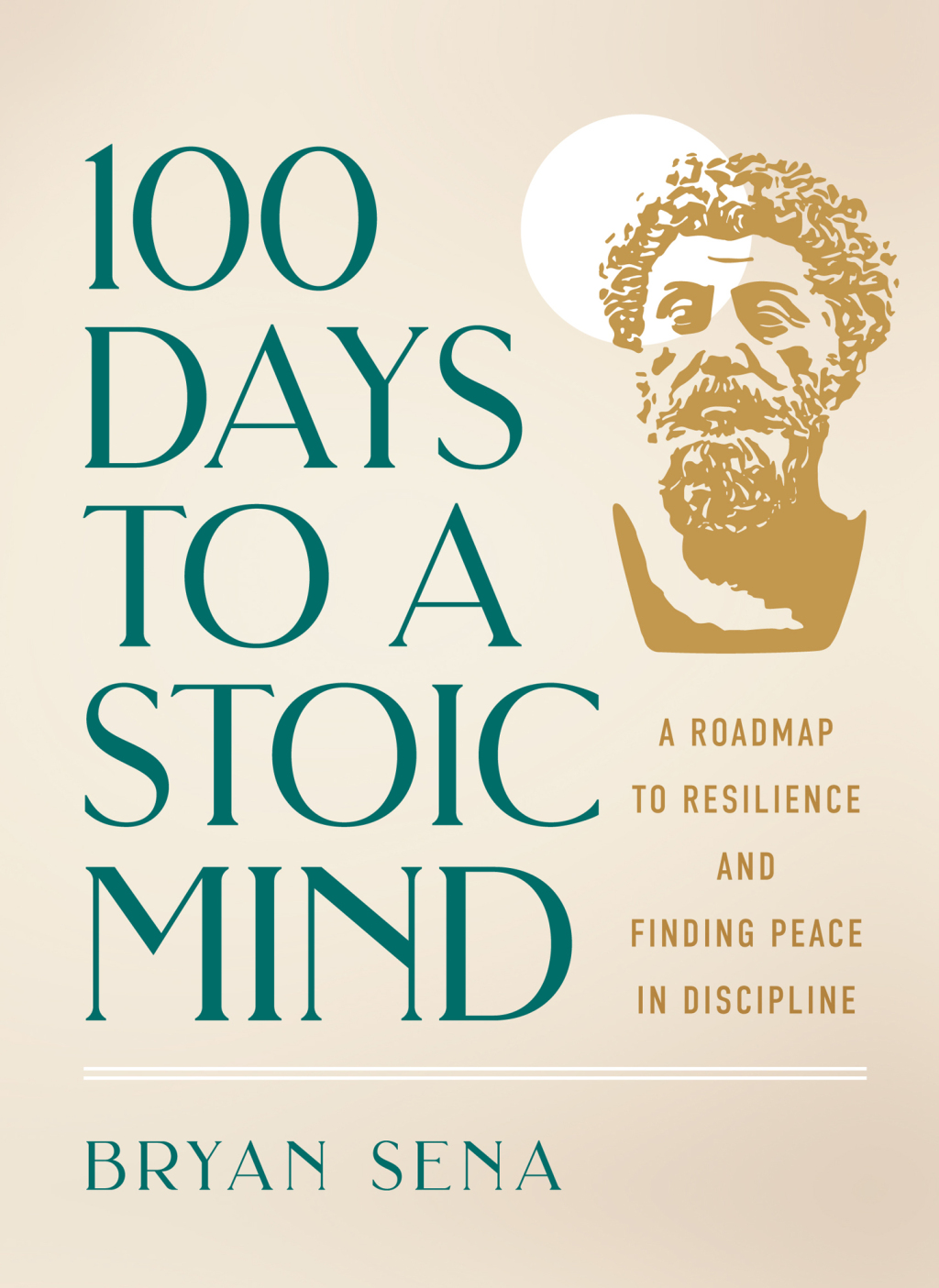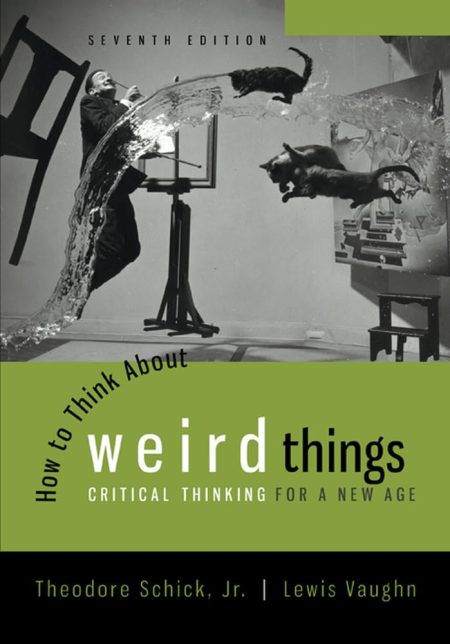Description
In this deft and vigorous book, Mark Balaguer demonstrates that there are no good arguments for or against mathematical platonism (ie., the view that abstract, or non-spatio-temporal, mathematical objects exist, and that mathematical theories are descriptions of such objects). Balaguer does this by establishing that both platonism and anti-platonism are defensible positions. In Part I, he shows that the former is defensible by introducing a novel version of platonism, which he calls full-blooded platonism, or FBP. He argues that if platonists endorse FBP, they can then solve all of the problems traditionally associated with their view, most notably the two Benacerrafian problems (that is, the epistemological problem and the non-uniqueness problem). In Part II, Balaguer defends anti-platonism (in particular, mathematical fictionalism) against various attacks, chief among them the Quine-Putnam indispensability argument. Balaguer’s version of fictionalism bears similarities to Hartry Field’s, but the arguments Balaguer uses to defend this view are very different. Parts I and II of this book taken together clearly establish that we do not have any good argument for or against platonism. In Part III, Balaguer extends his conclusions, arguing that it is not simply that we do not currently have any good argument for or against platonism, but that we could never have such an argument, and indeed, that there is no fact of the matter as to whether platonism is correct (ie., whether there exist any abstract objects). This lucid and accessibly written book breaks new ground in its area of engagement and makes vital reading for both specialists and anyone else interested in the philosophy of mathematics or metaphysics in general.






